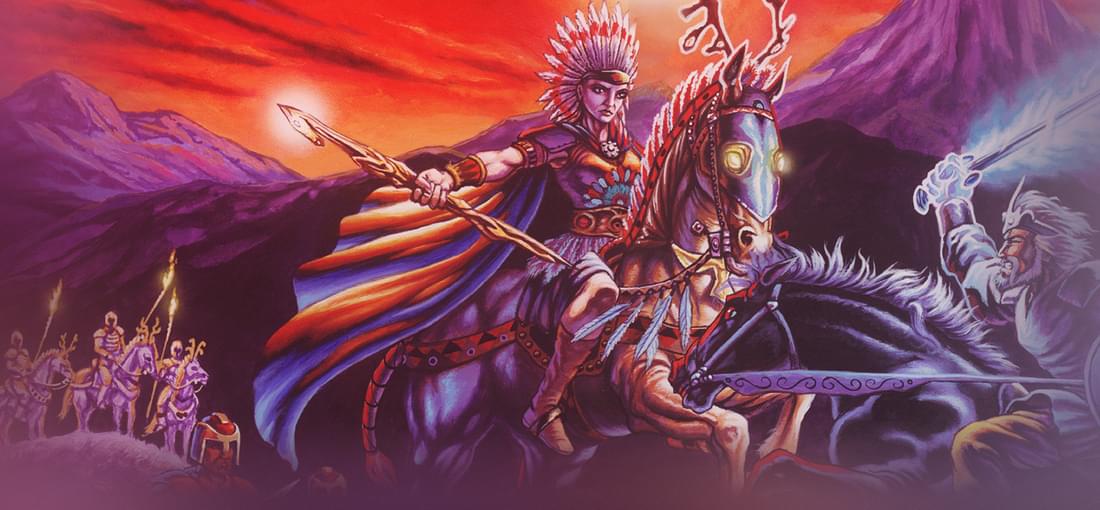


I found this game frustrating and unpleasant to play. This is a game based on text, but the prose style is clumsy and littered with unnatural constructions. I gather that it was originally written in German, so the issue is probably one of translation; but while I can see *why* it must be hard to translate this kind of game, that doesn't make the writing any better. I usually like text-based games (hell, Cultist Simulator and King of Dragon Pass are all-time favourites); but for this one I soon stopped reading the dozens of little reports the game gives you, and frequently found myself just zoning out during meetings, almost entirely because I found the writing style so graceless. The prose is simply *ugly,* and it turned me off the game in the way that an grating soundtrack or bad visual aesthetics would turn off a person sensitive to those things. The central resource you have to manage (after the 'economy') is your budget. However, you have no idea--not even a rough, 'maybe this much if there are no crises' kind of an idea--of how many meetings and decisions you will have before the next budget, or how many of them will ask for an expenditure of the budget, or how much of it they will require. Each year, you have a 'budget meeting', and the first time I went into this I I took it to be, well, the budget: I balanced it, spending what I had and expecting the ministries to use it. The very next decision, I'm asked to pass a law which costs 1 budget resource. So why wasn't that mentioned in the meeting, that i just had, that was all about deciding the budget? This persistent lack of information means that I experienced the managment of my main resource resource as a matter of luck and guesswork rather than planning and strategy. This game is in a genre and format that I usually like, and from what I'd heard about it I was expecting to enjoy it, but I couldn't get past the above hurdles. I'll come back to it if I ever learn German.

A young noble of our clan hopes to marry his sweetheart, but her clan will not allow it unless we steal the famed magical plough of the Isolting clan. Our war-leader, the warrior-woman Nallindia, impetuous, brilliant and brave, is champing at the bit. And we've always had a soft-spot for lovers. In the dead of night, the two creep into the steads of the Isoltings and steal the plough. This act begins a feud which will last more than twenty years. Raids steep our clan sometimes in glory, sometimes in blood. There are magical swords, tenuous allainces with nomad warriors, we hire shamans to curse one another, individuals go looking for revenge for dead kin, with murders, kidnaps, and in one case curses so dire that their own tribe disowns them in horror. At last, a new age dawning, our queen steps into the world of the gods hoping to bring back peace. Every playthrough will give you half a dozen such glorious tales. Some have been deliberately written in, sequences of story events. Others, like our feud with the Isoltings, grow organically from the individual feats of your clansmen. The game has more than 640,000 words (for context, the average novel is about 90,000). It's *huge* and even in a long game you'll see half or less of what it has to offer. Your advisers have tremendous character and half the game is knowing who to listen to when - when to heed the farmers, when the warriors, when the magicians - and when (on those rare occasions) to listen to the trickster. How do you know whose advice to follow? You learn to think in terms of its world. It runs on saga-logic, myth-logic, bronze-age logic. It will not tolerate attempts to play it with a modern cast of mind. Simply a masterpiece.